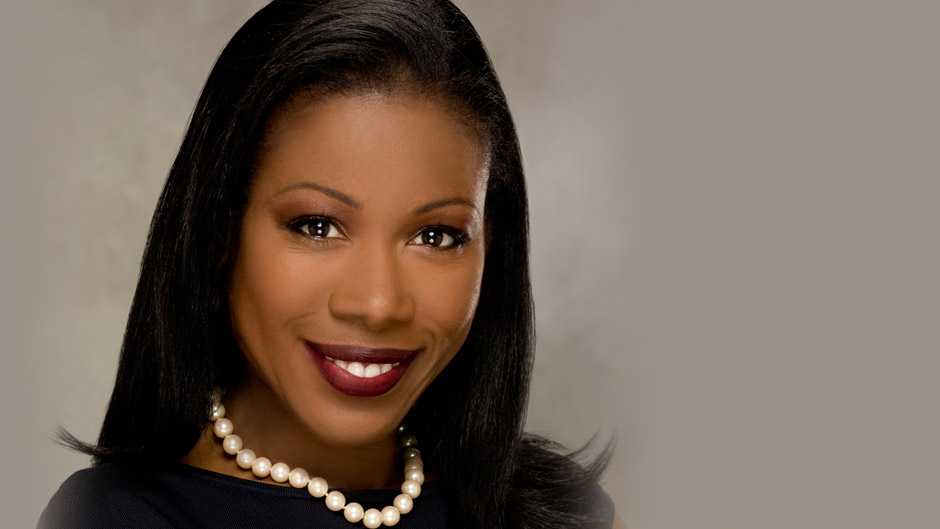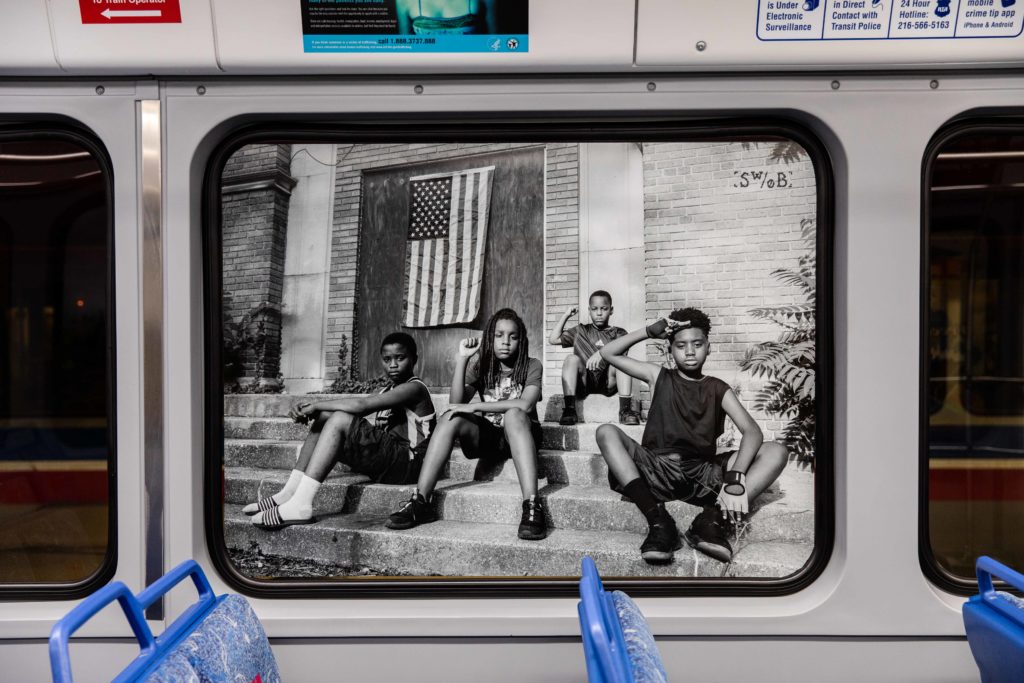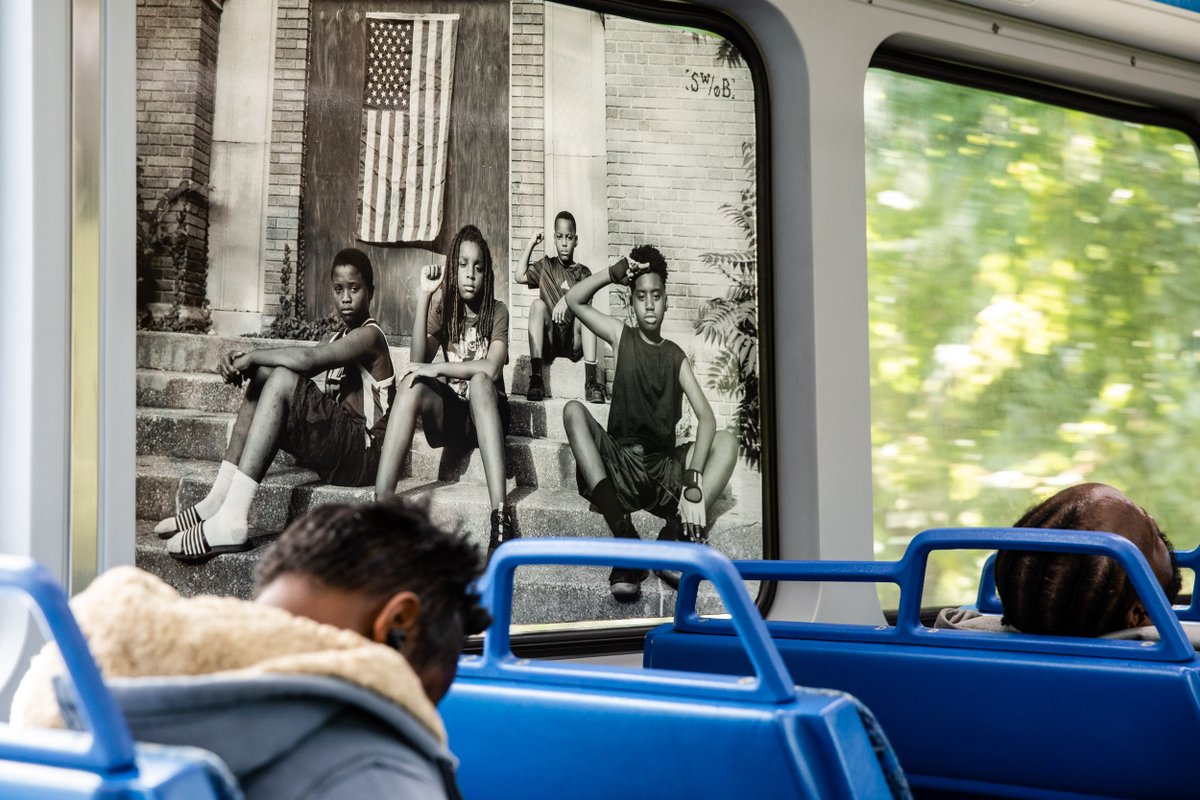Additional reporting by Tara Jefferson
When Isabel Wilkerson comes to Cleveland, she sees Alabama.
An authority on the Great Migration—the departure of six million African-Americans from a South lynching them at a rate of one every four days over six decades of the 20th-century—Wilkerson is steeped in the ways of movement. She can pinpoint the families that “left along three beautifully predictable streams: up the East coast, into the Midwest and Far West.” She is conversant in the food, folkways and the names of churches that traveled with them.
“I am thrilled to be back in Ohio, one of the receiving stations of the Great Migration, one of the places people dreamt about when dreaming about living their lives in freedom,” she said to a gathering celebrating the tenth anniversary of PolicyBridge, a Cleveland think tank on policy that intersects black and brown lives.
After visiting more than 100 universities and speaking on four continents, Wilkerson, 51, delivered pinpoint geography in her remarks: Jesse Owens’ family of 11 left Alabama sharecropping for a better life in Cleveland even as Toni Morrison’s parents traveled to Lorain from an Alabama where no black child could obtain a library card, where they raised a daughter who remade world literature.
Likewise August Wilson’s maternal grandmother walked all the way out of North Carolina into Pennsylvania and Miles Davis’ people left Arkansas for Illinois. The parents of Theolonious Monk migrated from North Carolina to New York City, where his mother could earn enough to buy an upright piano. Yet another woman fleeing North Carolina, the widow Alice Coltrane, arrived in Philadelphia in 1943 and bought her son John an alto saxophone that first year.
“All these people were a gift to the world, and thus the Great Migration was a gift to the world,” said Wilkerson, who laid down this knowledge in her landmark book, The Warmth of Other Suns, which won an Anisfield-Wolf Book Award in 2011. She asked her audience to imagine the generations of creativity squandered to rice and sugar plantations, the God-given talent extinguished in cotton and tobacco fields.
Dressed in an orange suit with turquoise jewelry, Wilkerson began by acknowledging that Anisfield-Wolf prize, and the 15 years it took her to interview 1,200 participants in the migration. She joked that “if this book were a human being it would be in high school and dating—that’s how long it took.”
Five years after publication, Warmth‘s heat is undiminished. In May, FX announced that producer Shonda Rhimes would be working on turning the historical narrative into a television series to premiere in the fall, with indie writer Dee Rees working on the script.
“The freedom to be able to decide for oneself what to do with your God-given talents is a very new phenomenon for African-Americans in this country,” Wilkerson observed, noting that some audiences have a hard time imagining a time when stepping too slowly off a sidewalk for a white pedestrian could cost a black person his life.
In conversation with Hawaiian high school students—”beautifully removed” from the realities of the segregated South— Wilkerson described for them driving in a region that prohibited black motorists from passing a white one. Students suggested honking or tailgating, indignant at the notion of being stymied behind the wheel. “You had to stay in your place,” she reminded them. “This is what it means to be in a caste system.”
Randell McShepard, co-founder of PolicyBridge, said reading Wilkerson’s book “shook me to the core.” Politician Nina Turner called it “riveting, beautiful” and a lesson in “using our two hands, to reach forward and to reach back.” David Abbott, executive director of the Gund Foundation, said the great gift of Warmth was “that we see ourselves in the story when we read books like this.”
The audience applauded the notion of making Wilkerson’s book required reading in high school. And McShepard announced that PolicyBridge was adding a sixth core value—social justice—to its work this year.


